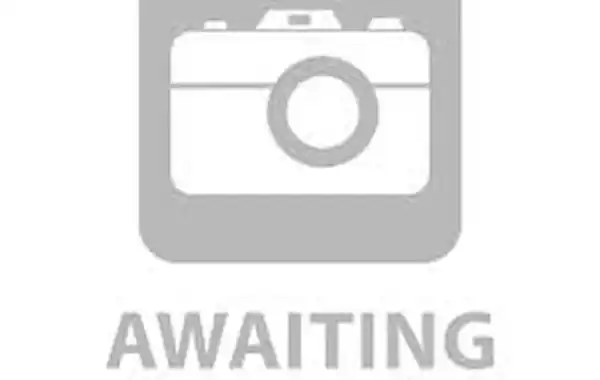28 September 2012
|
Ancestry.co.uk has launched online the 'Great Britain, Masters Certificates, 1850-1927' records – containing over a quarter of a
Ancestry.co.uk has launched online the 'Great Britain, Masters Certificates, 1850-1927' records – containing over a quarter of a million maritime examination records that led to the end of the drunken debauchery long associated with the Merchant Navy.
These 280,000 records, released in partnership with The National Maritime Museum, detail the seamen who passed examinations designed to test their sobriety, experience and general good conduct following a sharp increase in drunk and disorderly behaviour in the Merchant Navy at the start of the 19th century.
Upon passing, men were awarded a Masters Certificate as proof that they were fit for service. Certificates specified the recipient’s name, address, certificate number, birth date, birth place, port of issue, examination date and the previous ships on which they sailed.
It was the Mercantile Maritime Act of 1850 that led to the introduction of Masters Certificates by the British Board of Trade and all ranks, from mates to captains, were required to sit these examinations.
Prior to this, accounts of disobedient sailors were commonplace, not least on-board HMS Ville de Paris. Here, doctors’ records attribute sailor Joseph Leethwood’s pneumonic inflammation to 'frequent drunkenness and neglect of personal attention' while 45-year-old John Mcclean was taken ill on the same vessel after 'drinking constantly for 10 days'.
After the new law was introduced in 1850, drunken sailors were quickly forced to clean up their act. Crucially, legislation stated that seamen were no longer permitted to 'sell bad drugs', 'work under the influence of alcohol' or 'fraudulently alter' their Masters Certificates.
Watch actor and historian, Tony Robinson, discuss the launch of over a quarter of a million Naval Examination Records from 1850 to 1927 on Ancestry.co.uk, from the National Maritime Museum in Greenwich.







